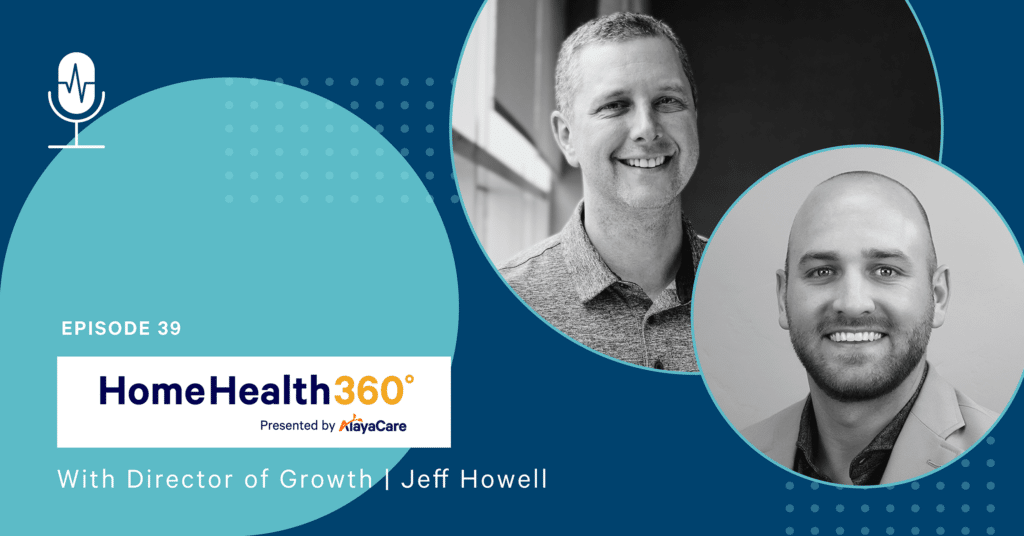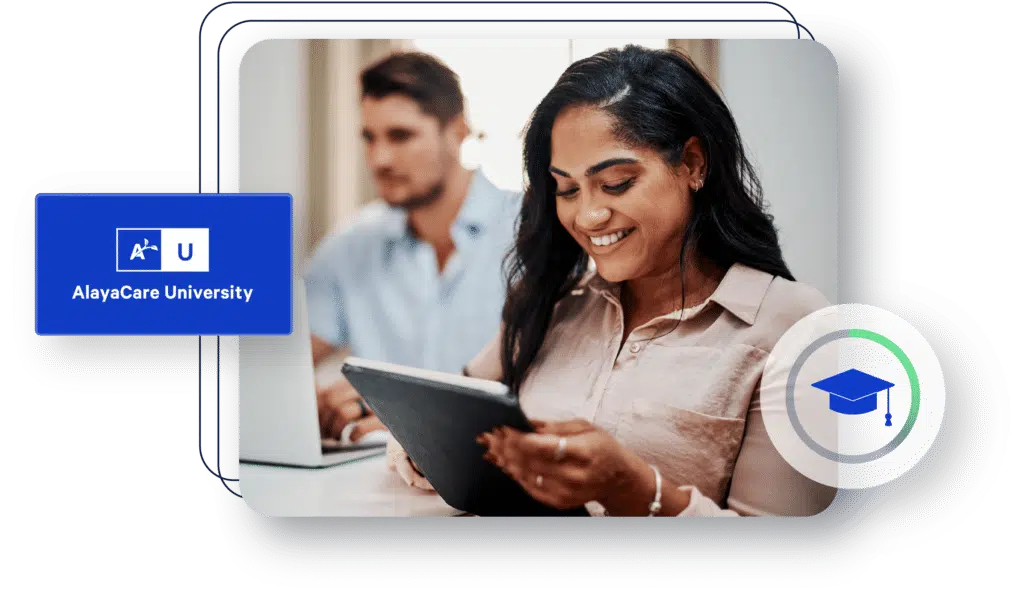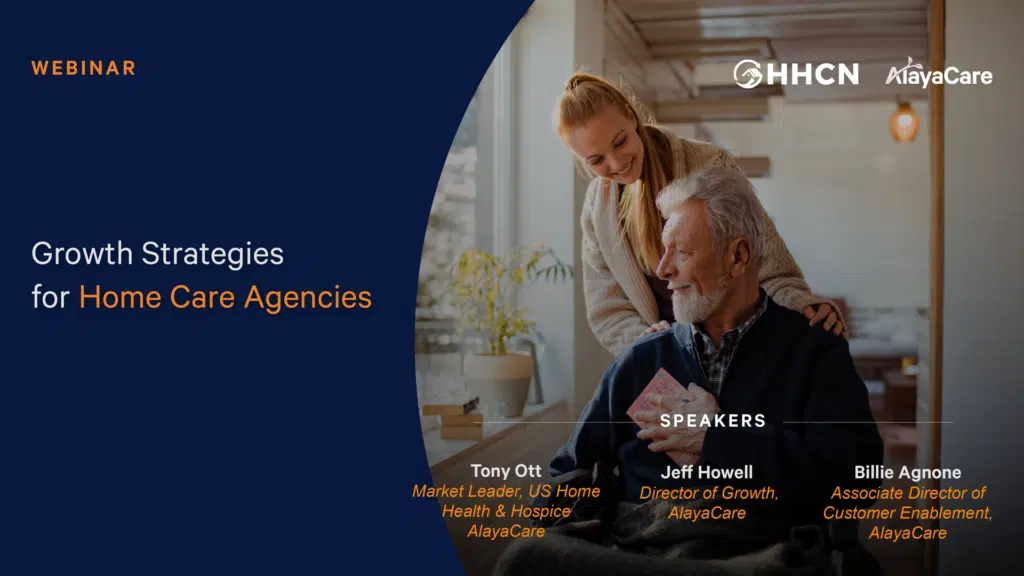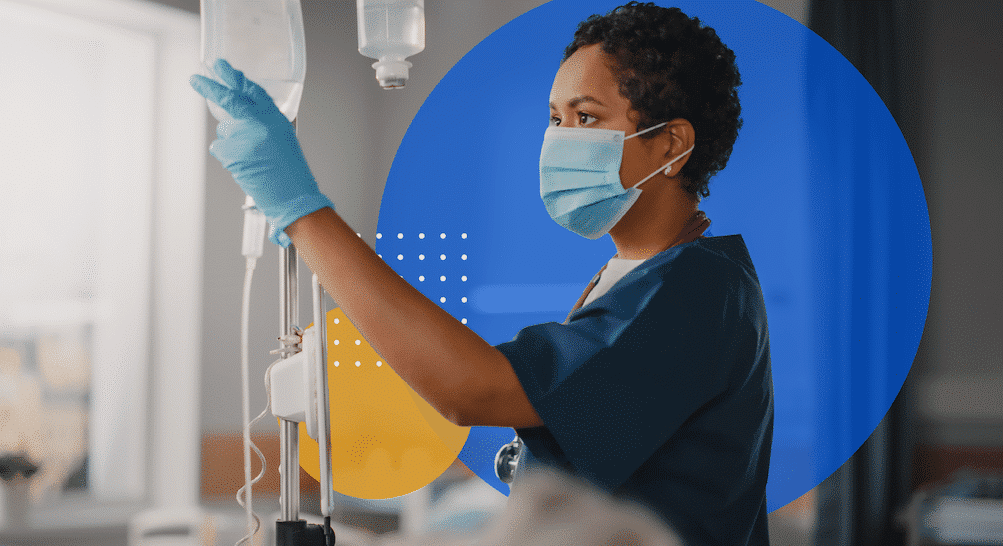Blog
The importance of proper training in home care

Insights from Todd Austin of Home Care Pulse
In the world of home care, proper training is crucial for providing efficient and high-quality care. Without any proper training, we’re setting many employees up for frustration when they don’t have the resources, they need to perform their jobs. In home care, there’s about a 100,000-person administrative workforce that gets very little training, and with every scheduler that you lose, you would lose approximately five or ten caregivers.
In episode 39 of the Home Health 360 Podcast, Maximizing efficiency and quality care through training programs with Home Care Pulse, featured President and COO of Home Care Pulse, Todd Austin. He discussed the evolution of Home Care Pulse from a survey company to an organization focused on solving industry problems where they share insights, training tools, and educational resources to help agencies enhance their care experiences. In this blog post, we will delve into the significance of training in home care and share Todd’s top tips for agencies looking to maximize the benefits of their training programs.
Why Proper Training Matters:
Proper training plays a vital role in the home care industry for several reasons:
- It ensures that caregivers are equipped with the necessary skills and knowledge to provide quality care to clients. From simple tasks like cooking to complex activities such as infection control, training enables caregivers to handle a wide range of situations confidently.
- Training helps address the issue of caregiver turnover. Caregivers who receive comprehensive training are more likely to feel supported and engaged in their roles, leading to increased job satisfaction, lower turnover rates, and better continuity of care for clients.
Top Tips from Todd Austin:
During the podcast episode, Todd Austin shared his top tips for agencies seeking to get the most out of their training programs. These tips are invaluable for any agency looking to enhance the efficiency and effectiveness of their care delivery. Here are the key takeaways:
1. Embrace Blended Learning:
Incorporate in-person contact and online modules to maximize the benefits of both methods. Home Care Pulse offers a unique blended learning platform that combines online courses with instructor-led training. This approach allows agencies to cater to different learning preferences and create a more personalized training experience.
2. Consider the Whole Workforce:
Training shouldn’t be limited to caregivers alone. Administrative staff, such as schedulers and care coordinators, also play a critical role in ensuring smooth operations. Providing training opportunities for these staff members can enhance their skills and ultimately contribute to better care, coordination and scheduling.
3. Measure and Improve:
Use data-driven insights to measure the impact of training on turnover rates, caregiver satisfaction, and client outcomes. The importance of using comprehensive reports and benchmarking tools can allow agencies to assess their performance and identify areas for improvement. By regularly monitoring key metrics, agencies can stay on track and continuously enhance their training programs.
4. Don’t Neglect Client Engagement:
While focusing on caregiver training is essential, agencies must not overlook the importance of engaging with their clients. Clients, patients, and residents should be actively involved in the care process and regularly communicate with them to ensure their satisfaction. By prioritizing client engagement, agencies can build stronger relationships and foster loyalty.
Listen to the full episode, here or on your favorite podcast platform.
Listen to the full episode, here or on your favorite podcast platform.

Looking Ahead
As we move forward, the home care industry is experiencing positive trends in reducing caregiver turnover. However, it’s essential not to lose sight of the clients and their needs. Agencies must continue to invest in comprehensive training programs that address both caregiver and client engagement. By doing so, they can provide exceptional care experiences while achieving business success.

Training and onboarding caregivers and back-office staff on their home care software platform are equally as important as their other home care training programs. Home care agencies use their software platform and mobile apps to do their jobs every day, so it makes sense that their staff should receive comprehensive training for that platform. AlayaCare cloud platform offers holistic on-demand eLearning for users to get the most out of their home care software and excel in their day-to-day work.
Learn more about AlayaCare University, here.
———-
Proper training is the backbone of efficient and high-quality home care. Agencies that prioritize training programs empower their caregivers with the skills and knowledge needed to excel in their roles. By following these tips and embracing a comprehensive training approach, agencies can maximize the benefits of their programs, reduce turnover, and ultimately deliver exceptional care experiences to their clients.


